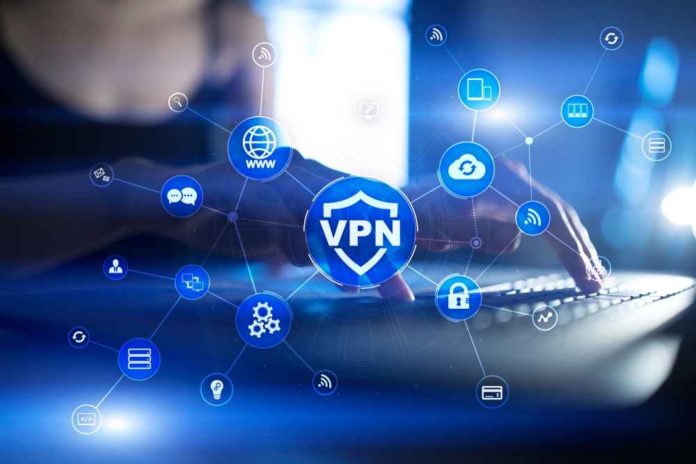Would you drive without your seatbelt on? Similarly, browsing online without the protection of a virtual private network (VPN) poses a number of known (and unknown) risks. It’s an important, and often overlooked, layer of defense against threats to both your devices and personal data that is gaining even greater attention with today’s massive increase in employees working from home.
We often take for granted in the security world that people know what VPNs are and how to use them. For those who aren’t familiar, a VPN is a connection method used to add security and privacy when using private and public networks, including WiFi hotspots and personal Internet connections. When using a VPN, you’re able to ensure your IP address is private, because it’s replaced with the IP address of the VPN provider. It’s like a private tunnel from computer to Internet that’s secure and encrypted. This makes your browsing more private and helps protect personal data when using the Web.
VPNs have been used by businesses for years to protect corporate data access when employees log in remotely. They are now increasingly valued by personal users looking to add a privacy layer to prevent hacking, spying and unauthorized tracking by advertisers.
However not all VPNs are equal. When selecting the best VPN solution for your Internet use, consider these five points:
- Free doesn’t mean risk-free. Free VPNs simply aren’t free. Rather than money, you’re paying with your data and information. Free VPN apps frequently suffer from DNS leaks, exposing your identity. In addition, most come with embedded ad trackers, adware or even spyware. In fact, an investigative report on the top 20 free VPN apps for Android reported that 86 percent of free VPN apps have privacy policies that are considered unacceptable, including the sharing of user activity with third parties. It’s ironic, and not recommended that you accept a compromise in your privacy when that is the very thing you are trying to protect.
- Don’t accept needless lag. When browsing the Internet, no one wants to be slowed down. Select VPN solutions with highly efficient VPN protocols that don’t compromise on speed. Many legacy VPNs use older protocol technology, such as PPTP or L2TP/IPsec, that will slow you down by reducing both Internet and computer speed. Be sure to select a VPN with a newer, more advanced encryption protocol, such as WireGuard, that won’t hold you back.
- Encrypt with confidence. When it comes to protecting your personal data, only the best should do. Be sure your VPN has best-in-class 256-bit AES encryption. It’s the latest encryption technology to-date which will ensure that your personal information – from passwords to bank details and credit card numbers – is secure, particularly when using public WiFi.
- Save your battery life. Battery life is always a concern on portable and mobile devices. Be sure that the VPN you select won’t needlessly consume power from your device. By selecting a VPN with a more efficient protocol you can ensure that you save as much of your precious power as possible, extending your compute time.
- Say no to logging. This is particularly important if you’re serious about protecting your personal data and information – and let’s face it, if you’re researching VPNs you most certainly are. Review VPN privacy policies to ensure that the one you select does not log your online activities, whether you’re browsing or accessing websites. Some VPNs may track your online activity to market to others for a range of purposes. Your VPN should anonymize your Internet use, keeping your data and activity secure. In this regard, it’s also smart to choose a VPN made by a reputable company known and trusted for its commitment to user privacy.
The online world is a dangerous one. Every time we use our browser or peruse a website, we’re at the mercy of advertisers and hackers trying to eavesdrop on our activity. A VPN will help to give you the peace of mind you need to surf safely. Just be sure you’re selecting the capabilities you need, and not compromising on privacy in the process.
Akshay Bhargava (Twitter: @_akshaybh) is Chief Product Officer for Malwarebytes. A security and privacy expert with nearly 20 years of experience leading product management, engineering, and marketing, he has also delivered industry-leading products and defined business strategy for cloud/SaaS, cybersecurity, and systems management solutions for Oracle, FireEye, and McKinsey & Company.
VPN stock photo by Wright Studio/Shutterstock







